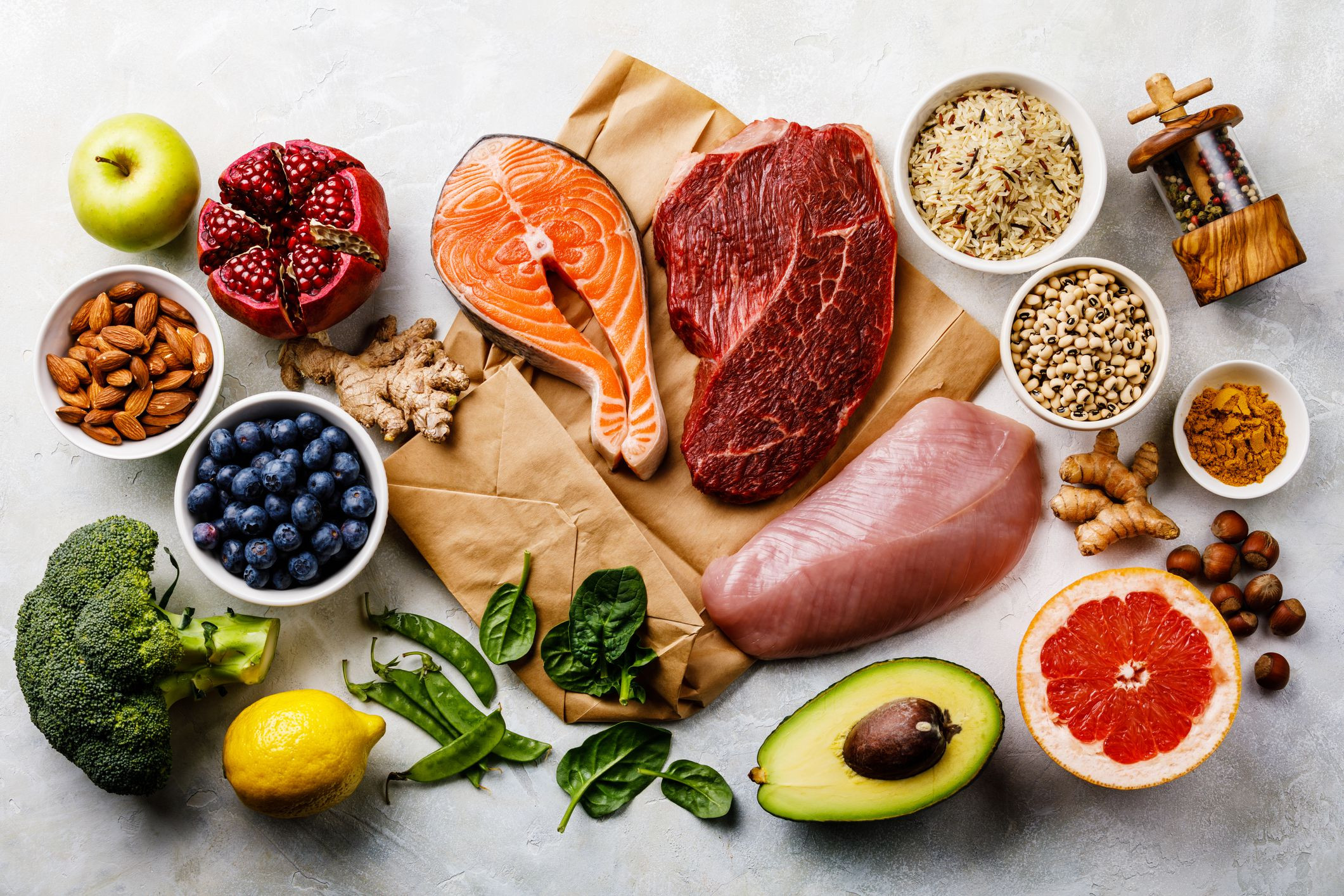

How to Stay Full For a Longer Time
Sunday 17th of May 2020
How to Stay Full For a Longer Time
Less than half way through your fast you hear your stomach growling. It then becomes such a struggle to make it through the day. But there are scientifically proven ways and foods that makes you fuller, or at least ‘tricks your brain’ into thinking it’s full.
Water

When the stomach senses that it is full, it sends signals to the brain to stop eating. Water can help to take up space in the stomach, leading to a feeling of fullness and reducing hunger. Hence, drink lots of water between Iftar and Suhur.
Protein
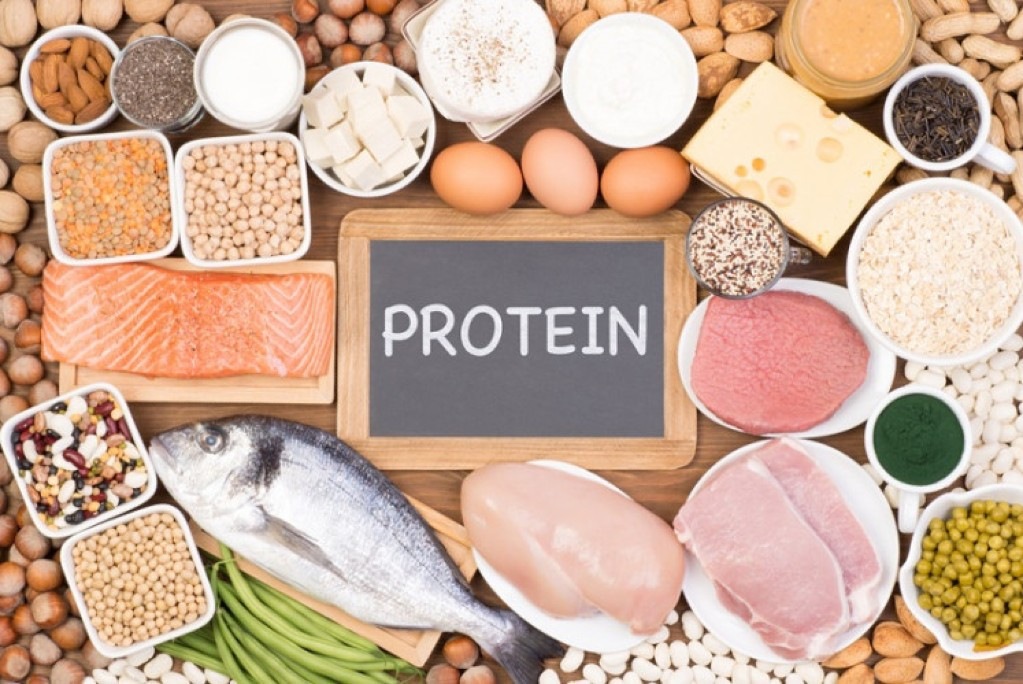
From fats, carbs and protein, studies show that protein is by far the most filling and it helps you feel fuller with less food. While reducing your level of the hunger hormone ghrelin, proteins also boosts the levels of peptide YY, a hormone that makes you feel full. One of the best foods to have in order to be full longer is eggs. So include them during your meal times as much as possible.
Brown carbs
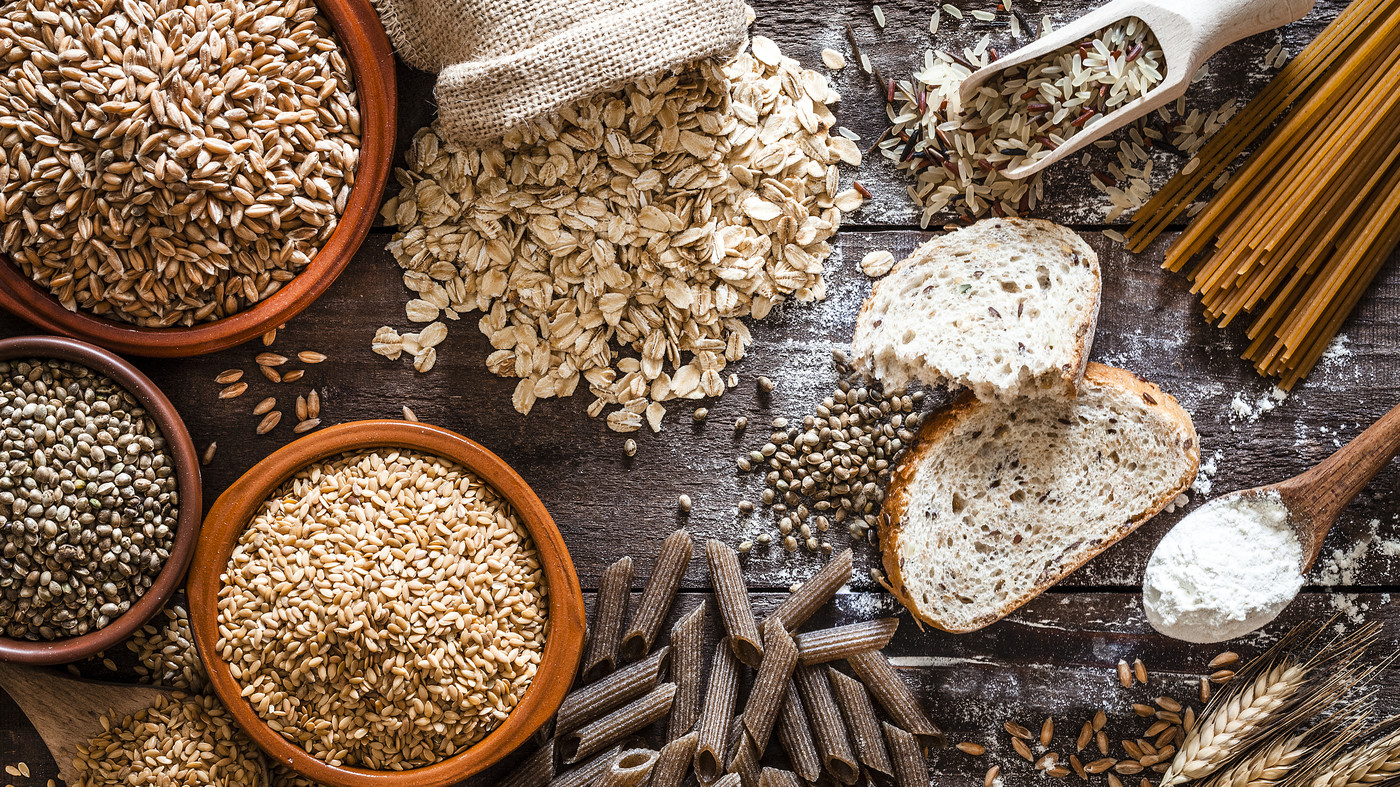
Although white carbs taste better, brown carbs are always healthier. White bread tend to make you feel hungry shortly after you eat them. Healthy choices include whole-wheat and pumpernickel bread, oatmeal, quinoa and brown rice. It provides fiber, which slows the absorption of carbs into your bloodstream and also fills your stomach to help you stay satisfied longer.
Cinnamon
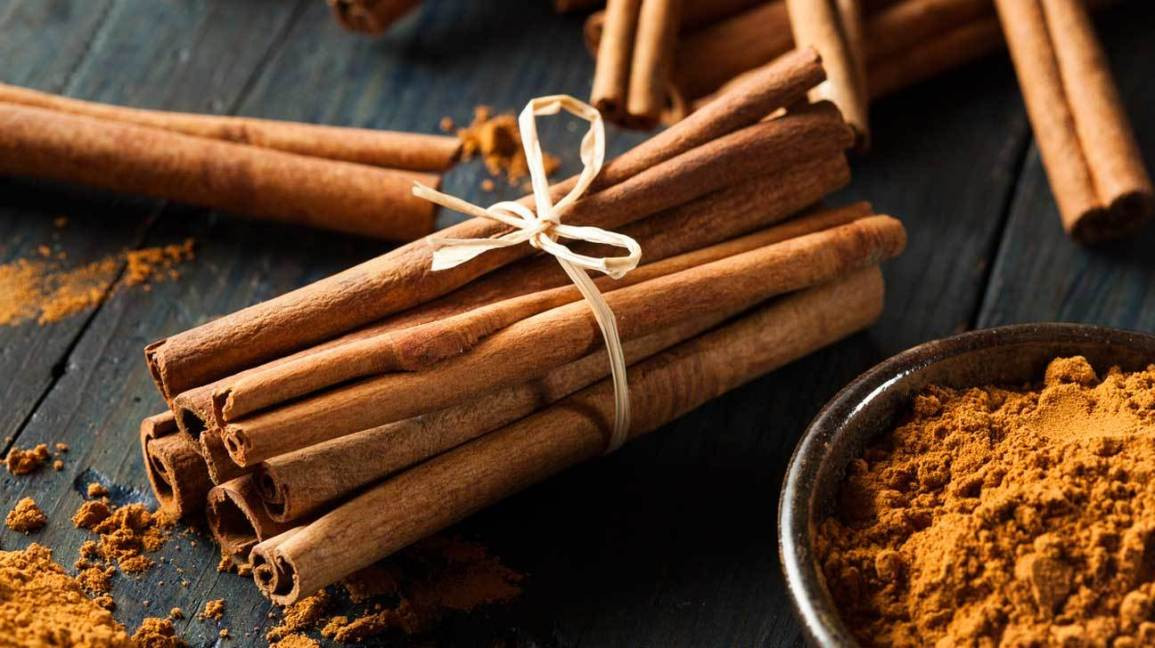
A review article in the Journal of Diabetes Science and Technology summarized several studies in which healthy volunteers didn't have as high increases in their blood sugar, had better insulin responses, and had slower emptying of their stomach when they had cinnamon with their meals. Slower emptying of the stomach may help people feel fuller longer after eating. Cinnamons go extremely well with desserts.
Avocado
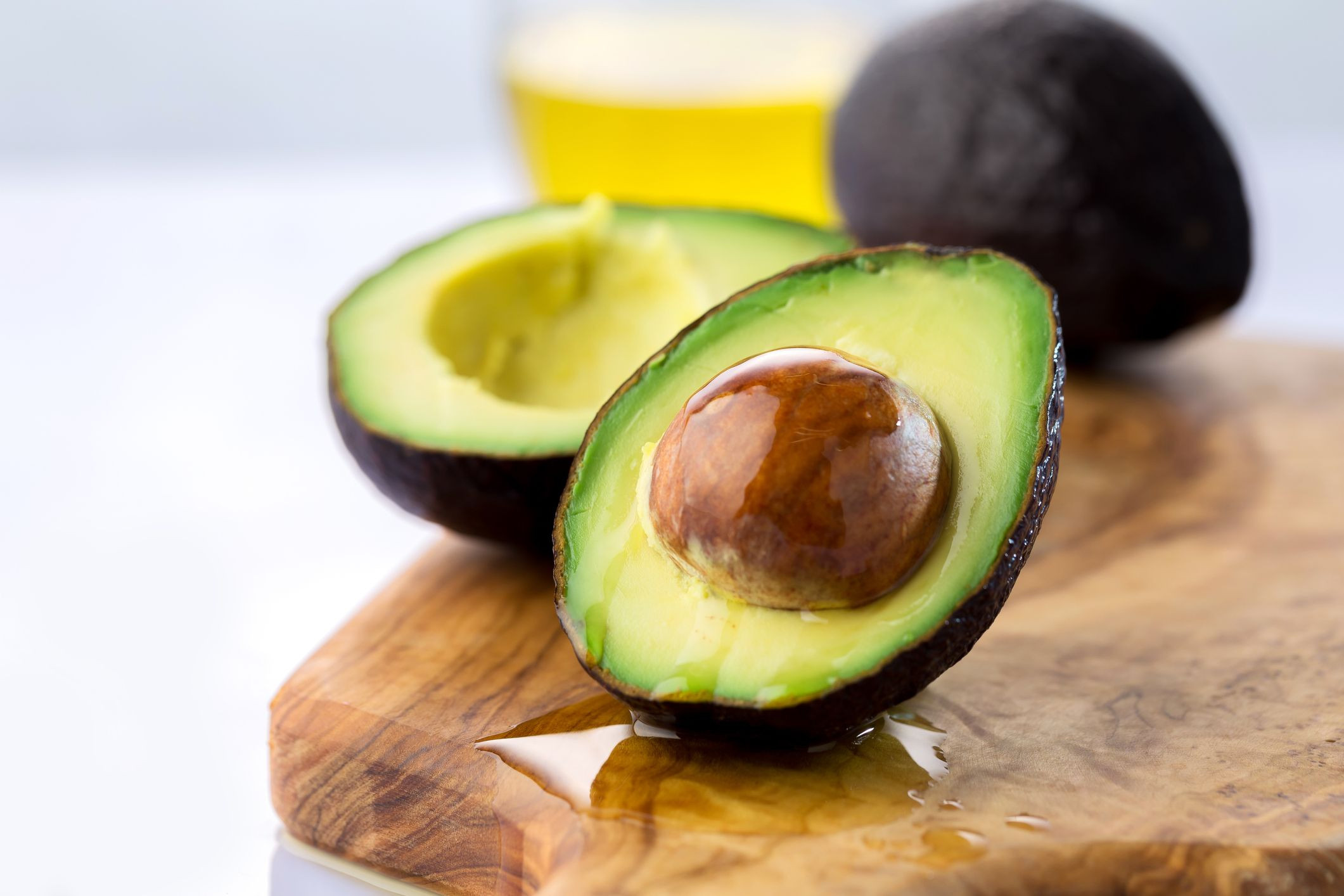
Avocados contain high amounts of fiber and healthy fats, both of which can slow digestion and improve satiety, making it a great appetite suppressant. However, avocados are also high in calories so make sure you don’t have too much.